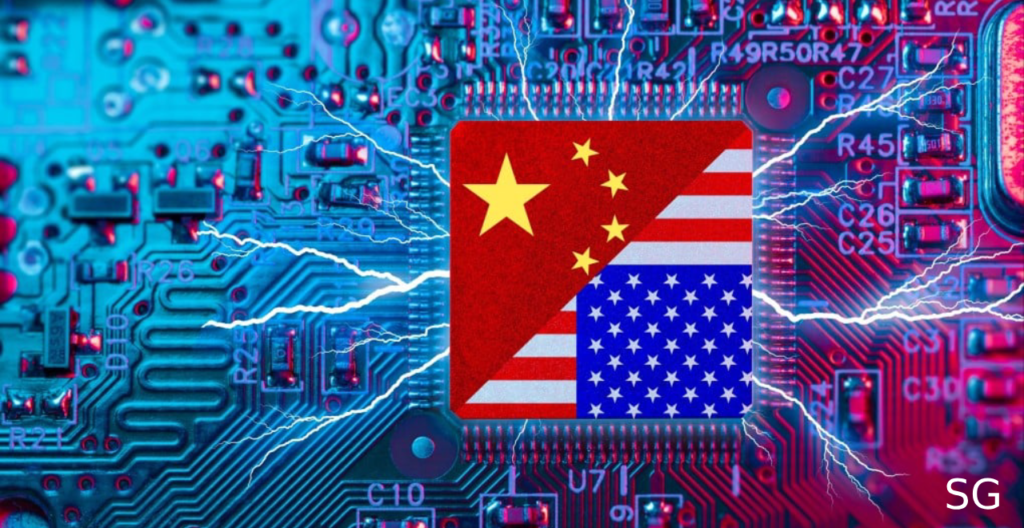Table of Contents

U.S. Tightens AI Export Controls to Maintain Global Dominance
New Regulations on AI Exports
The U.S. government announced new restrictions on artificial intelligence chip and technology exports, aiming to preserve its leadership in advanced computing while limiting access to adversaries like China, Russia, Iran, and North Korea.
These regulations will cap the number of AI chips exported to most countries and allow unrestricted access to AI technology for the U.S.’s closest allies. The rules are set to take effect 120 days after publication, providing a transition period for enforcement planning.
Strategic Objectives
Commerce Secretary Gina Raimondo emphasized the importance of maintaining U.S. dominance in AI. The regulations are the culmination of a four-year effort to curtail China’s access to advanced chips, seen as critical for enhancing military capabilities and advancing its AI industry.
Key Provisions of the New Rules
- Tiered Country Restrictions:
- Exempt Countries: Includes nations like Japan, the UK, South Korea, and the Netherlands.
- Moderate Restrictions: Applies to over 120 countries, such as Singapore, Israel, Saudi Arabia, and the UAE, with quotas on chip imports.
- Strict Prohibitions: Targets arms-embargoed nations, including China, Russia, and Iran, barring access entirely.
- Global Authorizations for Cloud Providers:
Major cloud providers like Microsoft, Google, and Amazon will be able to build data centers in restricted countries if they secure specific authorizations. These companies must comply with strict conditions, including security measures and human rights safeguards. - Limits on AI Model Exports:
Controls will be imposed on “model weights,” a critical component of advanced machine learning systems that influence AI decision-making. - Cap on AI Computing Power Abroad:
Authorized U.S. companies will be limited to deploying a fraction of their AI computing power outside Tier 1 countries, ensuring most resources remain within the U.S. or its closest allies.
Industry Concerns and Criticism
The regulations have drawn backlash from key industry players. Nvidia criticized the measures as “sweeping overreach,” arguing that some restricted technology is already widely available in consumer hardware. Oracle also expressed concerns, warning that the rules might inadvertently benefit Chinese competitors.
Broader Implications
The regulations mark a significant expansion of the U.S.’s AI strategy, aimed at addressing both economic and security risks. National Security Adviser Jake Sullivan highlighted the transformative potential of AI, citing its dual-use nature in sectors like healthcare and education, as well as its risks in weapon development and cyberattacks.
By tightening controls, the U.S. seeks to prepare for rapid advances in AI while safeguarding its strategic interests on the global stage.